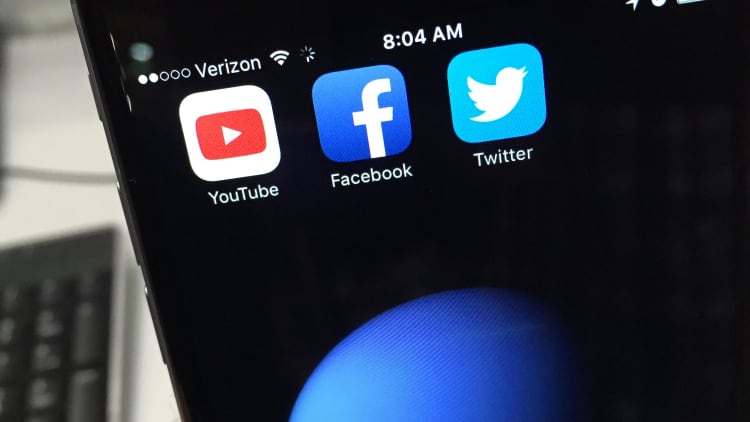Over the past year, YouTube has been repeatedly criticized for guiding viewers toward extreme view points, inappropriate content, or hoaxes.
Wired's Peter Rubin cleverly highlighted the problem while interviewing CEO Susan Wojcicki on stage at the magazine's 25th anniversary summit in San Francisco on Monday.
Before the interview, Rubin searched for Wojcicki's name on YouTube on his phone. None of the four presented results seemed authoritative or ideally relevant, he explained.
"The first two were from a channel called Red Pill Philosophy, which, yikes! The third was a video that was not very nice and had 200 views, that's it, and then the final one just said, 'People want YouTube CEO Susan Wojcicki fired,'" Rubin said.
"There were no interviews with you — at least none that hadn't been recontextualized to serve the purpose of whoever uploaded the video. And you have your own channel — your video wasn't there."
Rubin then asked Wojcicki what YouTube needed to do to find a "balancing point" for how to steer users toward information.
Faced with that stark personal example, Wojcicki said that while YouTube tries to "give you the most relevant information," it doesn't always get the balance right and that the company is "working on it."
"I'd be curious what happened on Page 2, because I have a feeling that Page 2 is probably a lot better than Page 1, but we really want those top results to be right," she said. "I think if you look at the web, the web has a whole structure, and we're working to figure out what are the right signals for us to figure when we do ranking research to bring up the most useful and relevant information for our users."
It's hard to argue that two videos from a partisan creator or a video with less than 300 views fit the bill as the most "relevant" results.
While Rubin's example was just one query, it highlights the continuing issues that YouTube's having with its search rankings.
CNBC wasn't able to exactly replicate Rubin's search results.







